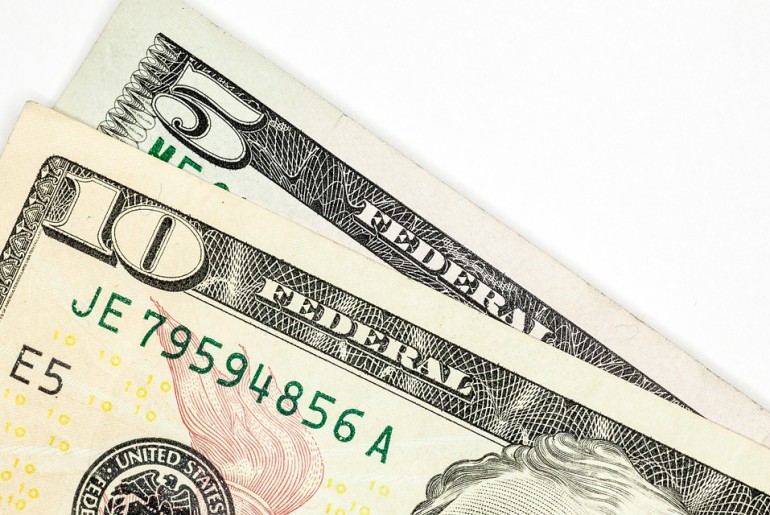It’s all too familiar when the monthly bank statement comes in and you realize that you’ve overspent – again. You may instinctively wonder how that happened because you felt you had a handle on how much you were spending. But did you keep track of it?
Keeping track of your finances is almost impossible if you don’t have a plan that you can stick to, and in financial terms that planning is a budget. Every household ought to have a budget so that spending can easily be tracked, and at the end of the month there should be no nasty surprises.
Except that some budgeting, while setting out all the known monthly expenses and how much can be spent on food and drink, fails to take into account the variables that can leave a nasty hole in your finances.
Preparing your budget
The first port of call in the budgeting process is the honesty harbor. If you are not scrupulously honest about your income and expenses then you might as well not bother. Of course, you should bother, because getting on top of your finances can make a real difference to how you feel and how you move forward. Here are five things you should consider when planning your budget.
- Check your pay stubs carefully to ensure you are getting exactly what you should from your employer. Also, examine the expenses that you are reimbursed for, and if you do any freelance work, add that in too, even though it might vary. If your income is uncertain at times, underestimate it rather than overestimating. Take into account taxes paid and any money you are putting into a retirement plan
- Then start work on your expenses. There will be regular outgoings such as credit cards, store cards, and utilities. If utilities are on a monthly direct debit basis, they are easier to track rather than receiving bills.
- Review your expenses for food, drinks, cleaning products, and medicines, to give yourself a picture of what you usually spent per month. Make a list of spending categories and see if everything is truly necessary. You can always cut back on expenses by seeking out cheaper alternatives to branded goods, and reduce spending by avoiding wasting food. Enormous amounts of food are wasted every month, and that’s just a complete waste of money. Plan your menus for the food you have, experiment with recipes and fresh food, and you could make serious savings.
- Make sure your home is properly protected with building and content insurance if you own your property, or with content only insurance if you are renting, in which case, your landlord should provide building insurance. You can protect yourself further from unexpected costs by investing in home warranty to cover replacement or repair of breakdowns that may occur in the home. With home warranty, among the many items you can get coverage for from a home warranty provider are refrigerators, air conditioning systems, ovens, washers and dryers, and your plumbing, heating, and electrical systems. It means you can factor that into your budget and not suddenly find yourself with a large bill that has come out of left field when something goes wrong.
- Don’t forget to factor in expenses that occur on a less frequent basis. This can include such items as regular car maintenance, any relevant property taxes, planned holidays, and special occasions such as Christmas, Eid, Diwali, and birthday celebrations. These types of costs mount up quickly, so ignoring them can leave you struggling to hit your budget target.
It’s not all pain!
Good budgeting is a means to an end. It gives you control over your finances and the confidence to make decisions about reining in your expenses over a period of time, as well as determining how any surplus money should be spent. Using surplus cash to put into savings is always a good move to help out when there are rainy days, but you can reward yourself too by having a quality meal in a restaurant, going for nights out with friends, or planning that vacation you have always wanted.
Budgeting isn’t difficult if you are prepared to take some time over drawing up a spreadsheet so you can quickly see your financial position. A budget can help you keep out of too much debt and provide a framework for day to day life, without constantly having to worry about how much you are spending and if you can really afford it. It puts you in charge, and that’s how it should be.










Comments are closed.